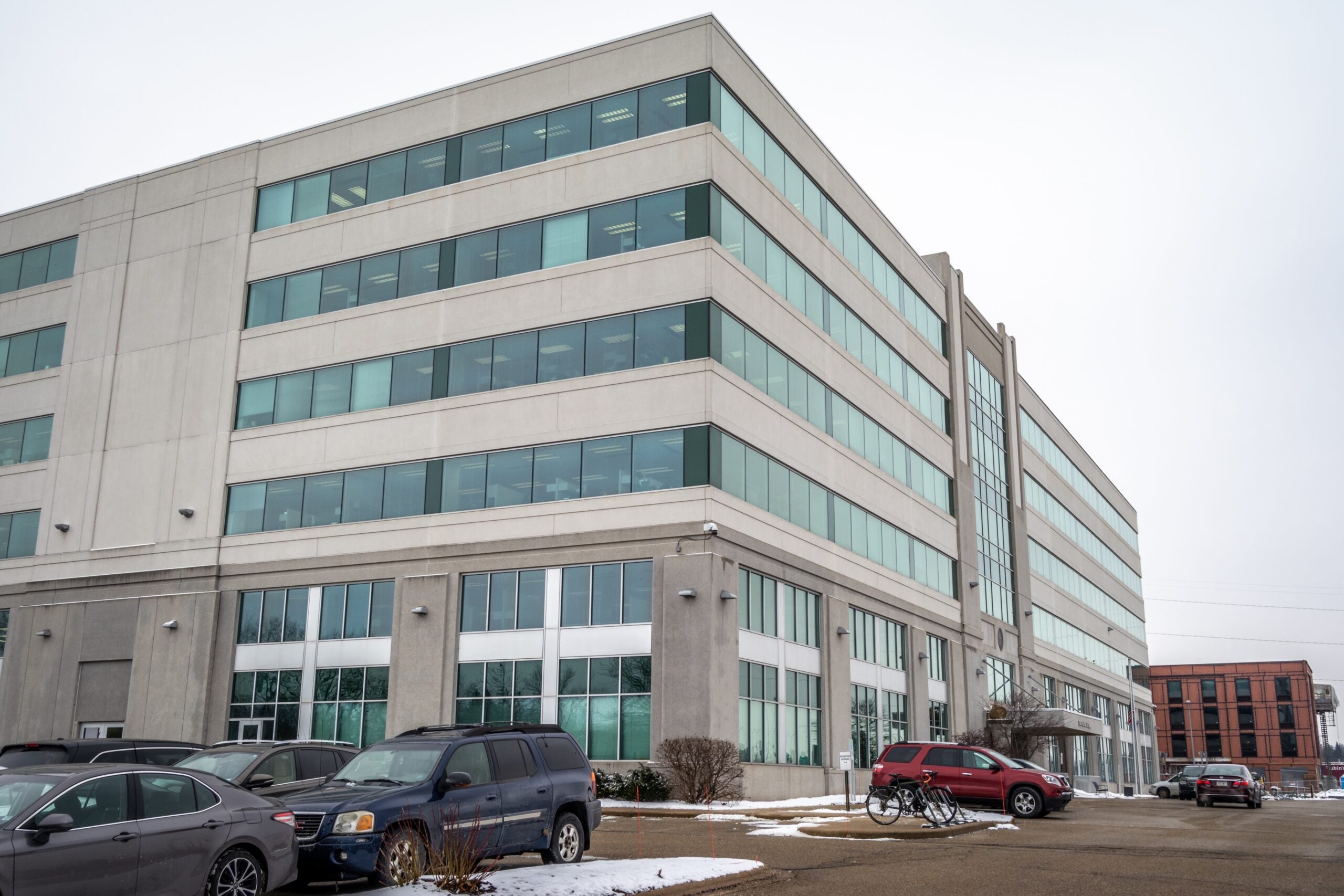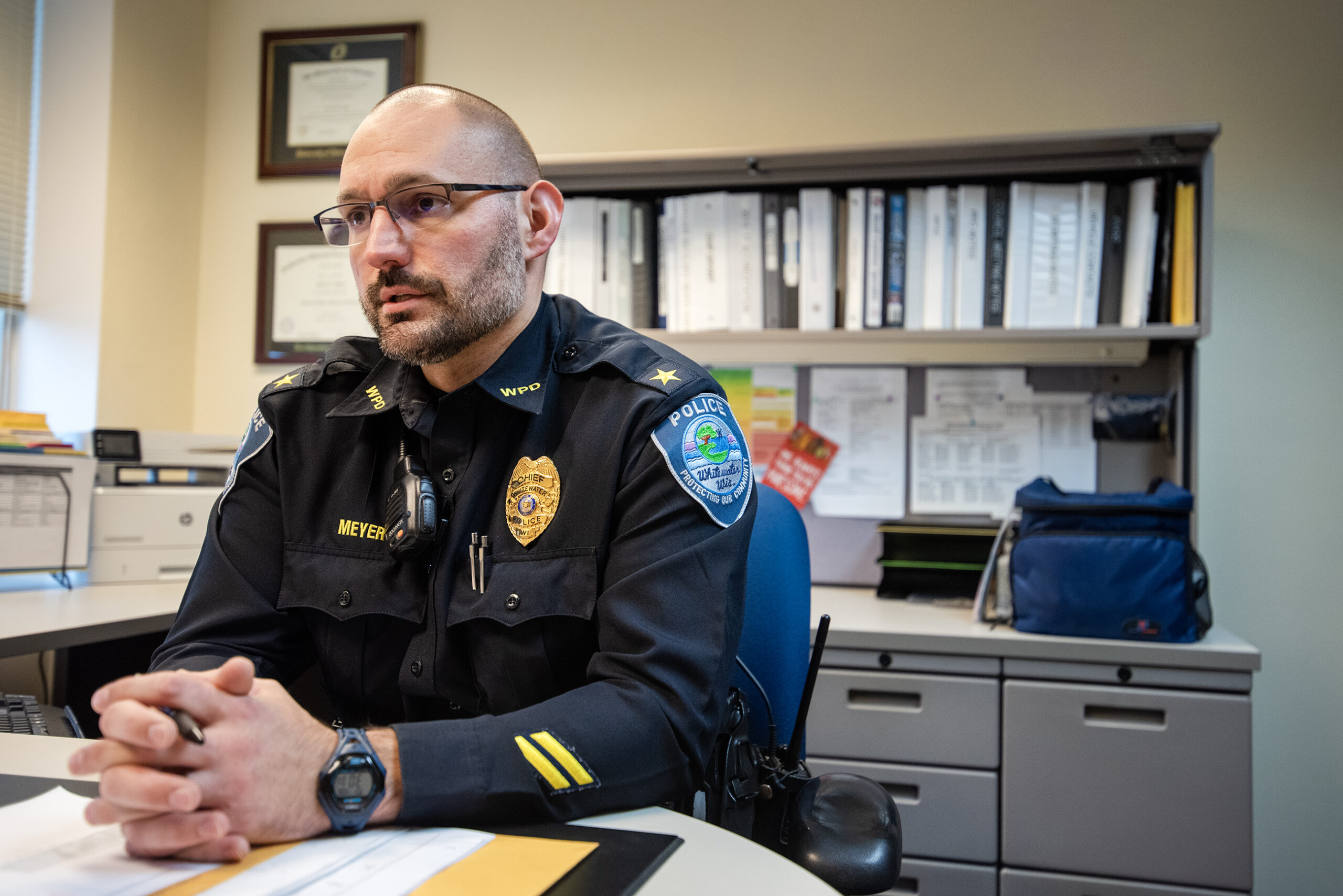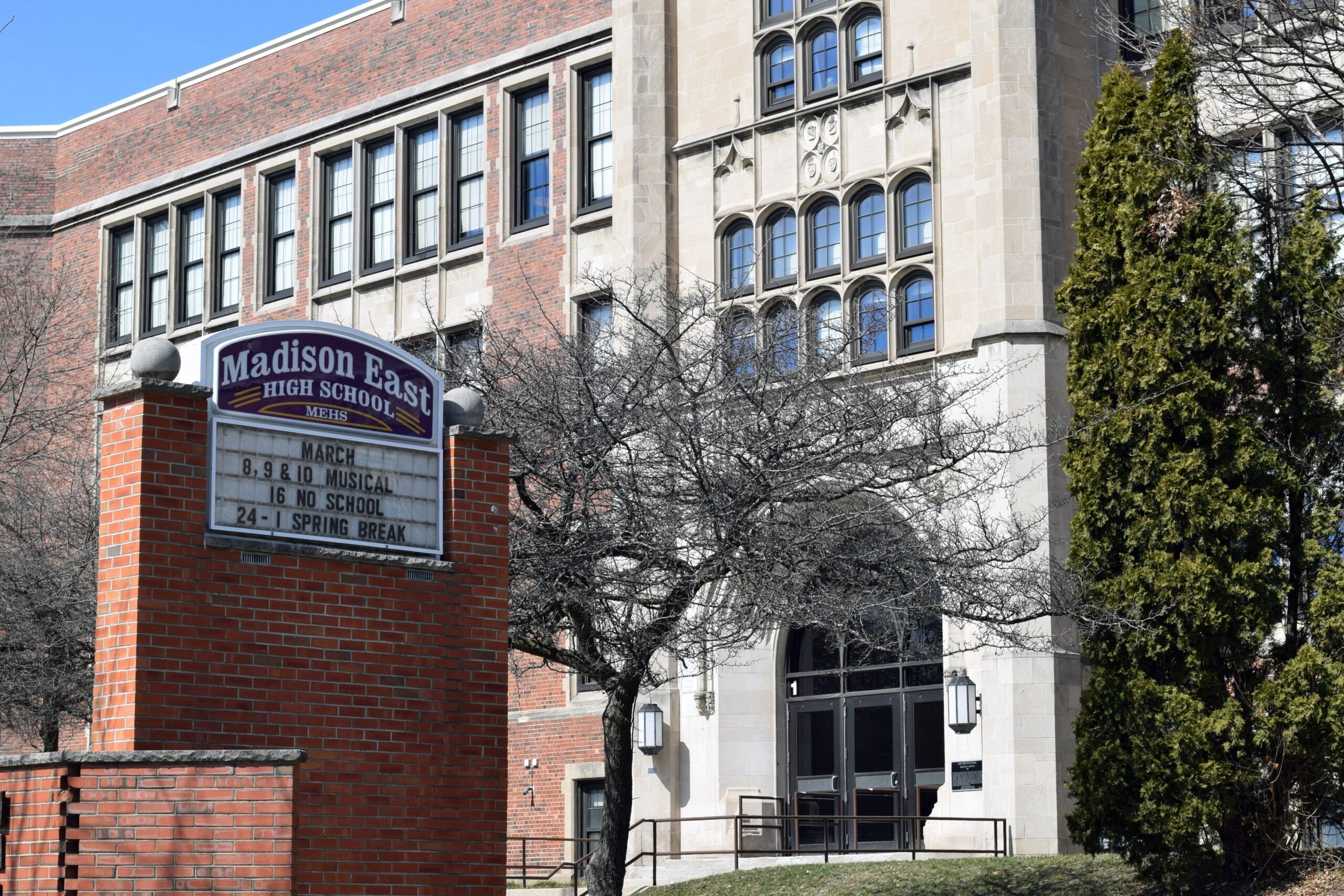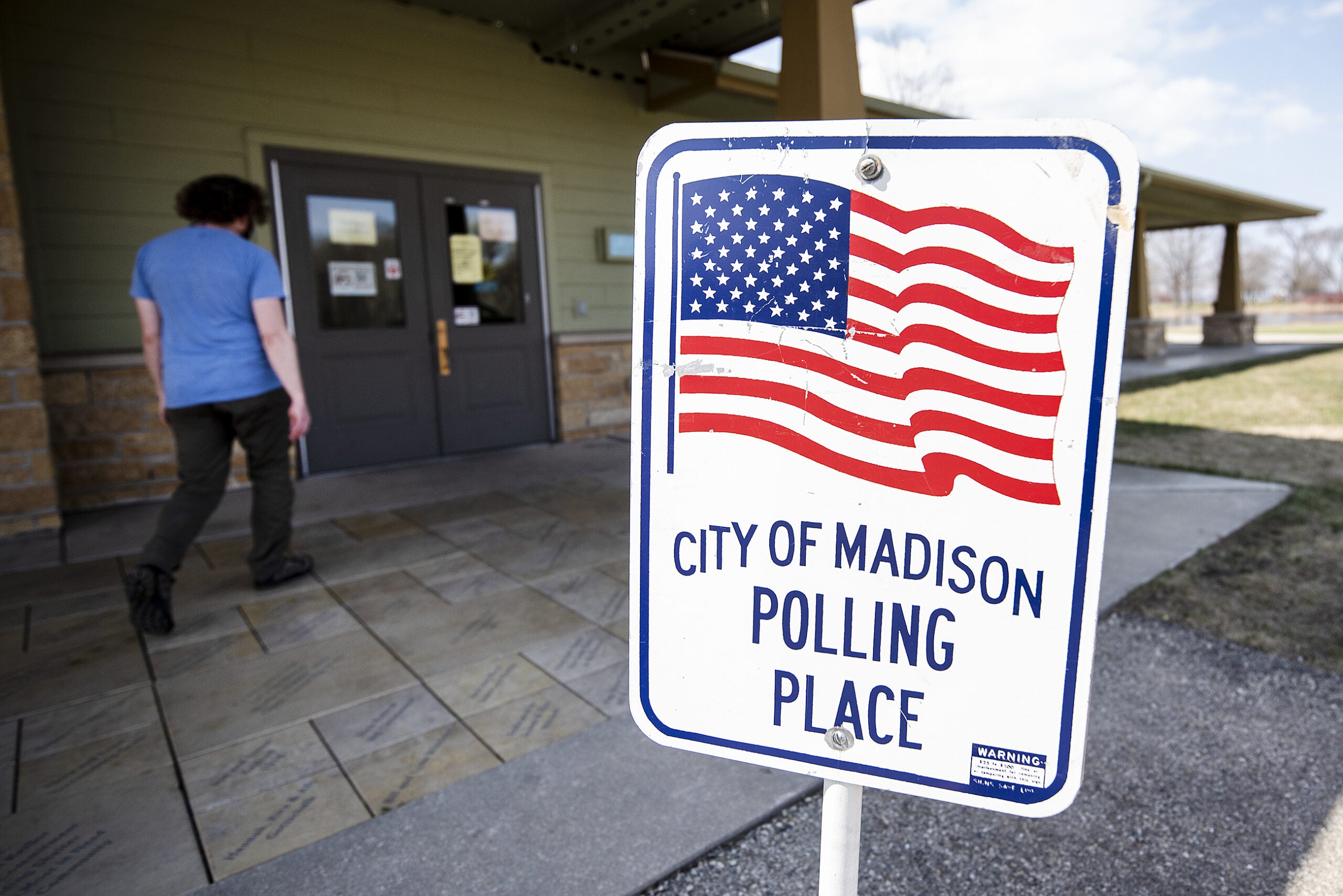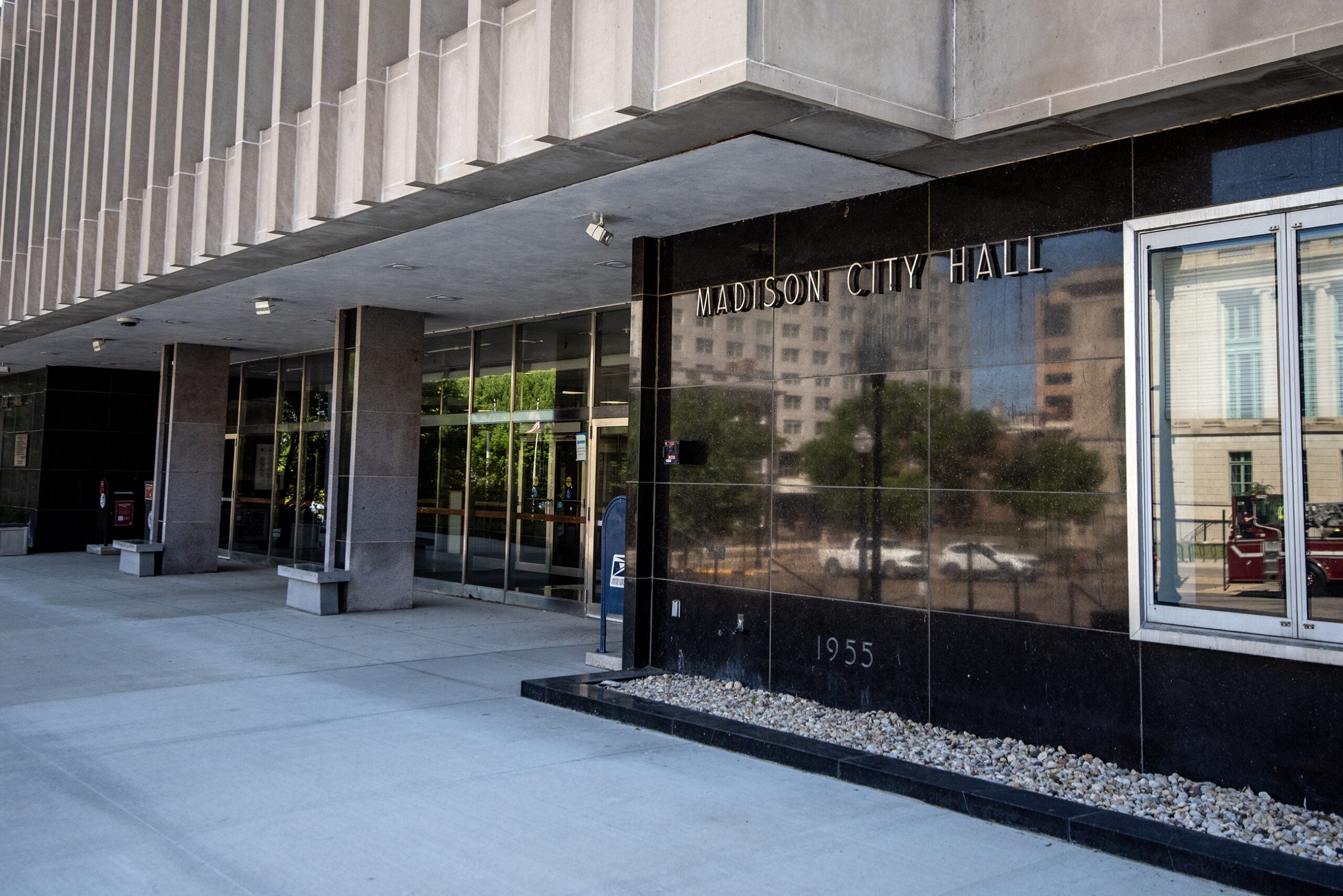More Wisconsin cities are turning to referendums asking voters for permission to raise property taxes in order to hire additional police, firefighters and paramedics or avoid cutting other city services.
For the City of Eau Claire, inflation, declining state funding and a near two-decade limit on tax increases has left city council members with “a choice to make.”
During a Monday work session of the Eau Claire City Council, members were asked whether they support a city services referendum that could wind up on ballots during the November midterm election.
Stay informed on the latest news
Sign up for WPR’s email newsletter.
“So, we’re really at that point now where we’ve got a choice to make,” Eau Claire finance director Jay Winzenz told council members. “We can keep limping along as we have, or we can try to move forward and move our service levels forward.”
A majority of council members attending the session voiced support for a referendum and indicated placing it on the November ballot would give the city time to gauge public opinion while developing a question.
Eau Claire’s 2022 city budget includes nearly $3 million in unfunded department requests including additional firefighter paramedics, community services positions, an IT network engineer, a building inspector and police overtime.
In 2005, the Wisconsin state Legislature limited how much local governments can raise property taxes in a given year. Between 2006 and 2011, municipalities were allowed to increase taxes by between 2 and 3.86 percent, but a 2011 measure further limited how much governments could raise to the amount of net-new construction.
A report from the Wisconsin Department of Revenue shows the city saw net-new construction increase by 1.76 percent in 2020.
For Eau Claire, that worked out to an additional $486,743 in the 2022 budget.
Winzenz told council members that Eau Claire has been fortunate to see growth in recent years while other communities have not.
“But even with that good fortune we’ve experienced, it’s still extremely difficult, if not impossible, to continue to make ends meet in a growing community,” Winzenz said.
Asking voters for additional tax revenue has become commonplace for school districts and voters have increasingly approved them. In 2020, 84 percent of referendums passed.
Wisconsin League of Municipalities deputy executive director Curt Witynski told Wisconsin Public Radio referendums for city services have been much less common.
“It was rare,” said Witynski. “I’d say it’s becoming less rare.”
Municipal referendums seeking additional tax dollars also haven’t enjoyed the same success rate as those put forward by school districts.
A 2020 report from the University of Wisconsin-Madison’s La Follette School of Public Policy prepared for the League of Wisconsin Municipalities shows that between 2006 and 2018, 108 local governments went to referendum and 65 percent failed on election day.
In the last three years, the cities of Racine, Delafield, Fond du Lac, Fort Atkinson, Beaver Dam, Elkhorn and Milton have sought levy increases via referendum. Voters rejected the request from Racine in 2020. Fond du Lac’s referendum was approved in 2021. Ballot measures in Fort Atkinson and Milton will go before voters this year.
Other referendums approved between 2020 and 2019 were in Forest County, the Town of Menomonie, the Town of Grand Chute, the Village of Maple Bluff, the Village of Maribel and the Village of Walworth, according to data from the Wisconsin Department of Revenue.
Payments to local governments, known as shared revenue, were intended to send taxes collected at the state level back to local governments from which they were collected. But those payments have been on a steady decline since the mid 1980s.
In 2019, just more than 10 percent of Eau Claire’s funding came from shared revenue while 61 percent came from property taxes.
“The cities have been operating for such a long time under, really, the severest levy limits in the country,” Witynski said. “And sooner or later, it’s just going to catch up to communities, and that’s what we’re starting to see.”
Wisconsin Public Radio, © Copyright 2025, Board of Regents of the University of Wisconsin System and Wisconsin Educational Communications Board.
